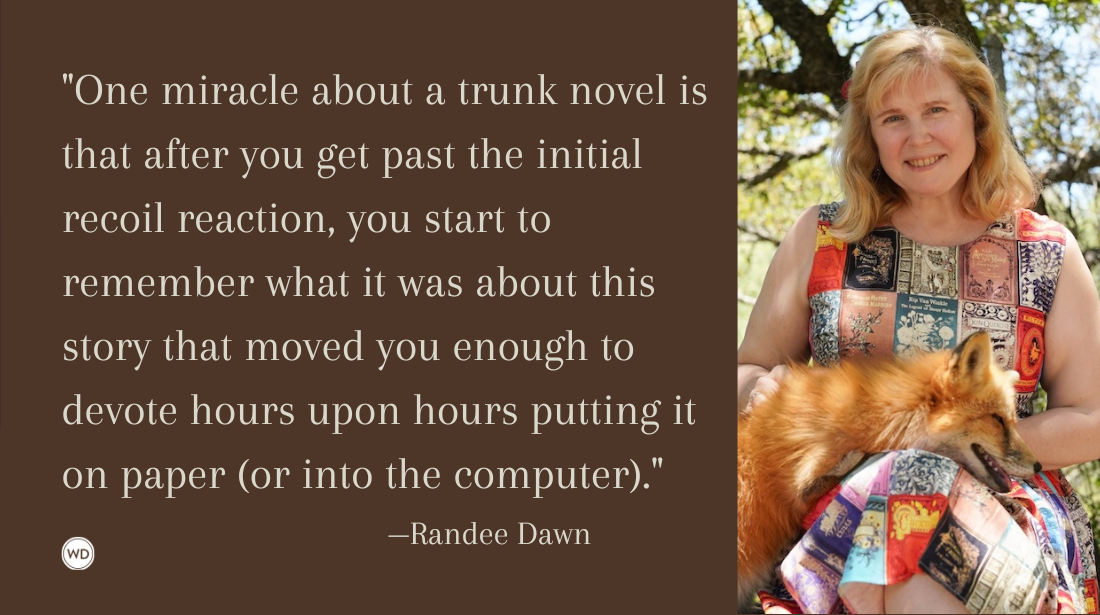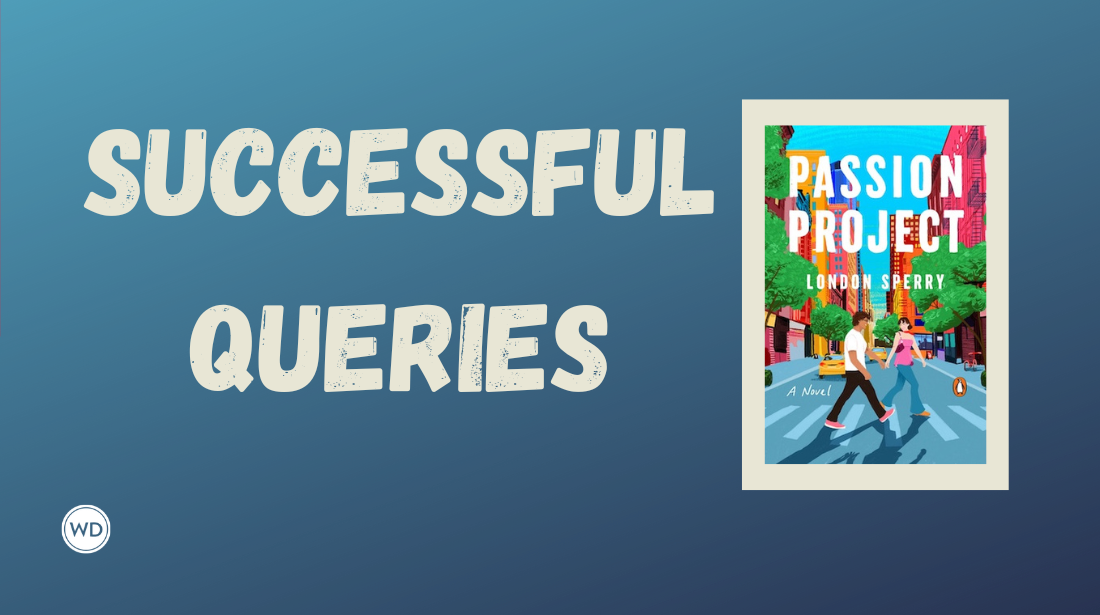Should Writers Work for Free?
Should writers work for free? This straightforward question feels like it should have a straightforward answer. But does it?
Should writers work for free? This straightforward question feels like it should have a straightforward answer. But does it?
Today's question seems like it should have a very obvious answer, but it's not as simple as asking, "Should writers be paid for work?" The answer to that question is, "Yes, they should." Because writing is a product created by the service of a writer, and it's natural for people in any profession to expect to be paid for the sale of products and/or services rendered.
So, for many, it stands to reason that if someone asks, "Should writers work for free," that the answer should be, "No, they should not." But it's not as simple as that. Let's look at why.
Writing is your passion. Why not make it your day job, too? Whether you’re an aspiring screenwriter, novelist or playwright, or even just an avid reader, you can turn your love for words into a lucrative career as a professional copywriter. Learn how to become a copywriter by building your portfolio and marketing your services through this online workshop.
Should Writers Work for Free?
Before I dive into this answer, let me first say that writers should always expect to get paid for work they've been contracted to do for payment. Writers should never work for free if they have a contract that says they should be paid. And it's usually a good idea for writers to get a contract before doing work.
Also, I do feel writers should get paid for their services—the more the better, in fact. But I also understand the market forces behind supply and demand, as well as various stages of writing careers. Many poets and short story writers have published work for free, and it's not uncommon for beginning nonfiction writers as well.
What Constitutes Free Work?
I say many writers have published their work for free, but I think that's a little misleading. There are times when writers are paid for their work in ways that are not measured in dollars and cents.
For instance, I've published dozens of poems without monetary payment, but I feel I was paid in other ways. I received publication credits, contributor copies, and access to a new audience. And those forms of "payment" led to a book deal, paid speaking opportunities, and increased expectations for future work.
And really, in the beginning, the validation of someone who was not related to me was payment enough, if I'm really being honest.
Swinging Back to the Original Query
Should writers work for free? No, they shouldn't. But it's okay for writers to determine what "payment" is acceptable for them to do their work. I love to hear stories of writers who received money with every piece of writing they ever did. That's the dream, right?
But I don't discount any writers who have written pieces for publication credits so they can build their portfolio and negotiating power for future clients. If their "payment" is a stepping stone to reach a grander goal, then good for them.
However, I implore writers to take a step back every so often and ask the question, "Should I expect more?" If you have a few publication credits but no checks, then it's time to push to that next level of expectation. And it's only natural that you'll want the payments on those checks to increase over time, whether that means negotiating better rates with your original companies or finding new companies that can accommodate your new expectations.
This is how it should work.
Remember the other question from the beginning of this post, "Should writers be paid for their work?" And remember the answer, "Yes, they should."
Robert Lee Brewer is Senior Editor of Writer's Digest, which includes managing the content on WritersDigest.com and programming virtual conferences. He's the author of 40 Plot Twist Prompts for Writers: Writing Ideas for Bending Stories in New Directions, The Complete Guide of Poetic Forms: 100+ Poetic Form Definitions and Examples for Poets, Poem-a-Day: 365 Poetry Writing Prompts for a Year of Poeming, and more. Also, he's the editor of Writer's Market, Poet's Market, and Guide to Literary Agents. Follow him on Twitter @robertleebrewer.








